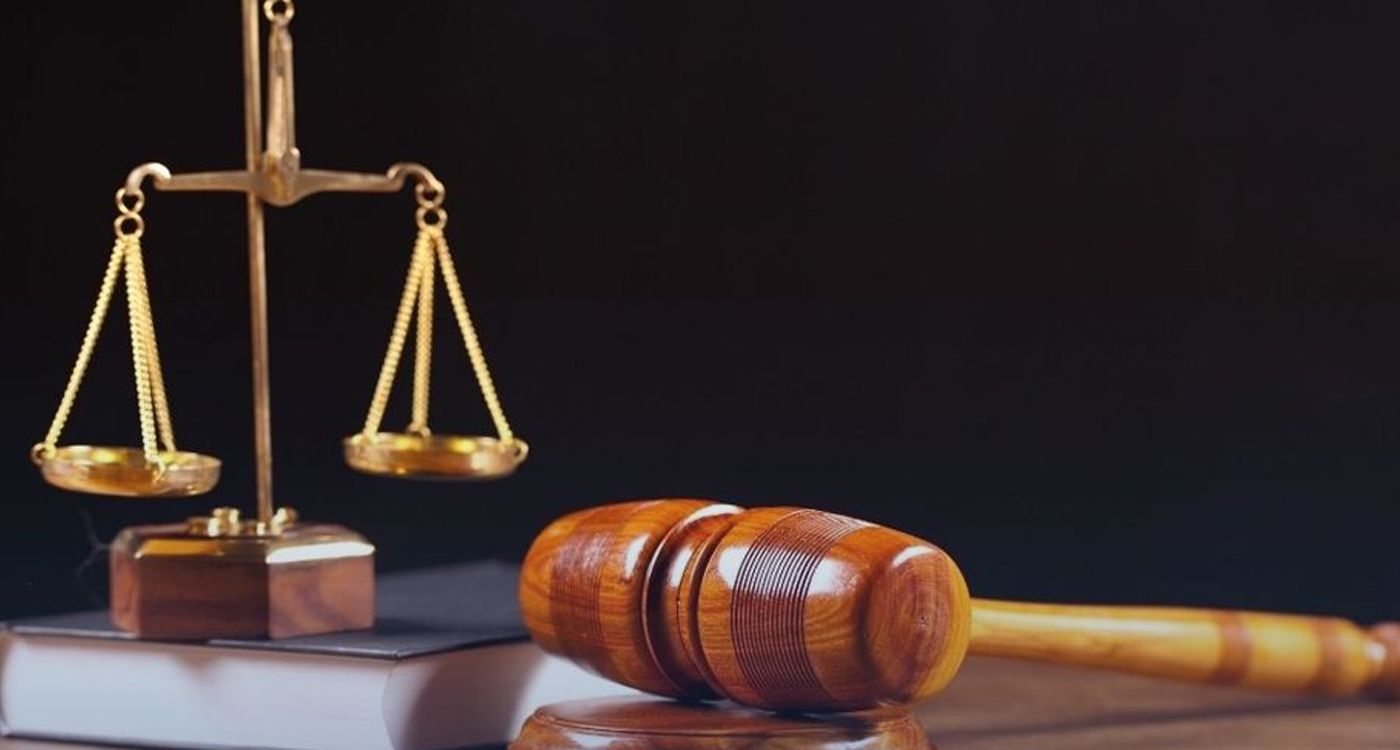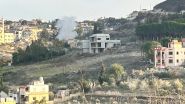
If confirmed, the signing of a long-delayed judicial appointments decree by Minister of Finance Yassine Jaber could mark a major breakthrough in the stalled investigation into the Beirut port double-explosion of August 4, 2020.
The appointments would fill critical vacancies on the Court of Cassation, allowing the full bench to reconvene. This would enable the court to rule on the numerous recusal motions filed against lead investigator Judge Tarek Bitar. With these legal hurdles cleared, Bitar could proceed to issue a long-awaited indictment—potentially before the explosion's fifth anniversary, according to judicial sources.
For years, the investigation has been delayed by repeated legal challenges against Judge Bitar. The Court of Cassation, unable to meet quorum due to unfilled judicial retirements, has been unable to issue any rulings.
The proposal for these appointments, drafted by the Supreme Judicial Council, was previously blocked by former Minister of Finance Youssef Khalil, who cited concerns over imbalance and lack of clarity in the text.
Current Status of the Investigation
As of now, the only remaining signatures needed to validate the decree are those of Prime Minister Nawaf Salam and President Joseph Aoun. In the meantime, Judge Bitar has continued his work since the formation of the new government, facing no apparent administrative hindrances.
A significant development occurred on Friday, April 25, when former Prime Minister Hassan Diab appeared before the investigative judge at the Palace of Justice—marking a notable shift, as Diab had previously refused to comply with multiple summonses.
Additionally, other senior officials have also been questioned since February 2025, including former General Security Director Abbas Ibrahim and former State Security Director Tony Saliba, who testified on April 11.
This resurgence of judicial activity follows a decision by Prosecutor General Imad Hajjar, who reversed the orders of his predecessor, Ghassan Oueidate. In 2023, Oueidate had prohibited the reception of any documents or actions from Judge Bitar, arguing that Bitar had been removed from the case due to the ongoing recusal motions. However, these motions remain unresolved due to the lack of quorum.
The lifting of this ban allowed Judge Bitar to officially notify the relevant parties. According to Professor Najib Hage-Chahine, a lawyer at the Beirut Bar Association, this marks a tangible step forward in the judicial process.
Closing the Investigation: What Are the Required Steps?
Since being transferred first to Judge Fadi Sawan and later to Judge Tarek Bitar, the case has resulted in numerous summonses. Several political and security figures have been charged, including former ministers Ali Hassan Khalil, Youssef Fenianos, Ghazi Zaiter, Nouhad Machnouk and former Prime Minister Hassan Diab, all facing allegations of criminal negligence. To date, none have agreed to testify.
Other key officials, including those from Customs, security forces and the military, are also facing prosecution, including Raymond Khoury, Adel Francis, Abbas Ibrahim, Tony Saliba, as well as several port officers and officials. Port employees, particularly those linked to Warehouse No. 12—the storage site of the ammonium nitrate responsible for the explosion—have also been implicated.
According to lawyer Hage-Chahine, in order to conclude the investigation, the judge must notify and question all involved parties. Summonses are now being sent in accordance with procedural rules. If some individuals choose not to comply, the law allows the judge to close the investigation in their absence, provided the right to defense is respected.
Once this process is complete, Judge Bitar will then forward the indictment to Prosecutor General Hajjar, who will issue a non-binding advisory opinion.
As Lebanon approaches the fifth anniversary of the disaster, attention remains squarely on the judicial process. International media outlets have reported the existence of documents that could provide new insights into the initial shipment of ammonium nitrate, particularly involving networks operating between Lebanon, Syria and other countries. If verified, these documents could shed further light on the circumstances surrounding the double-explosion.




Comments